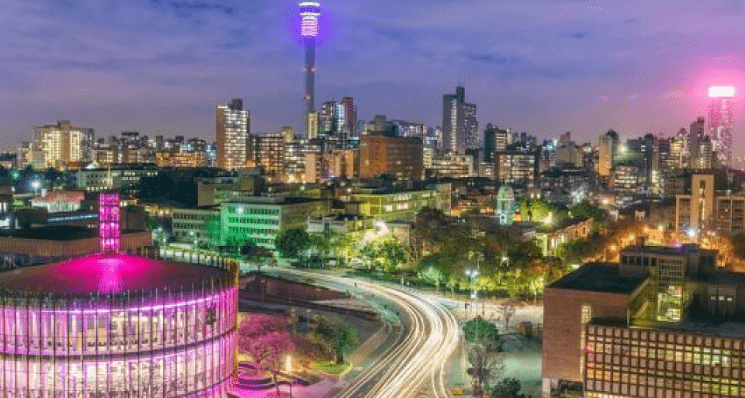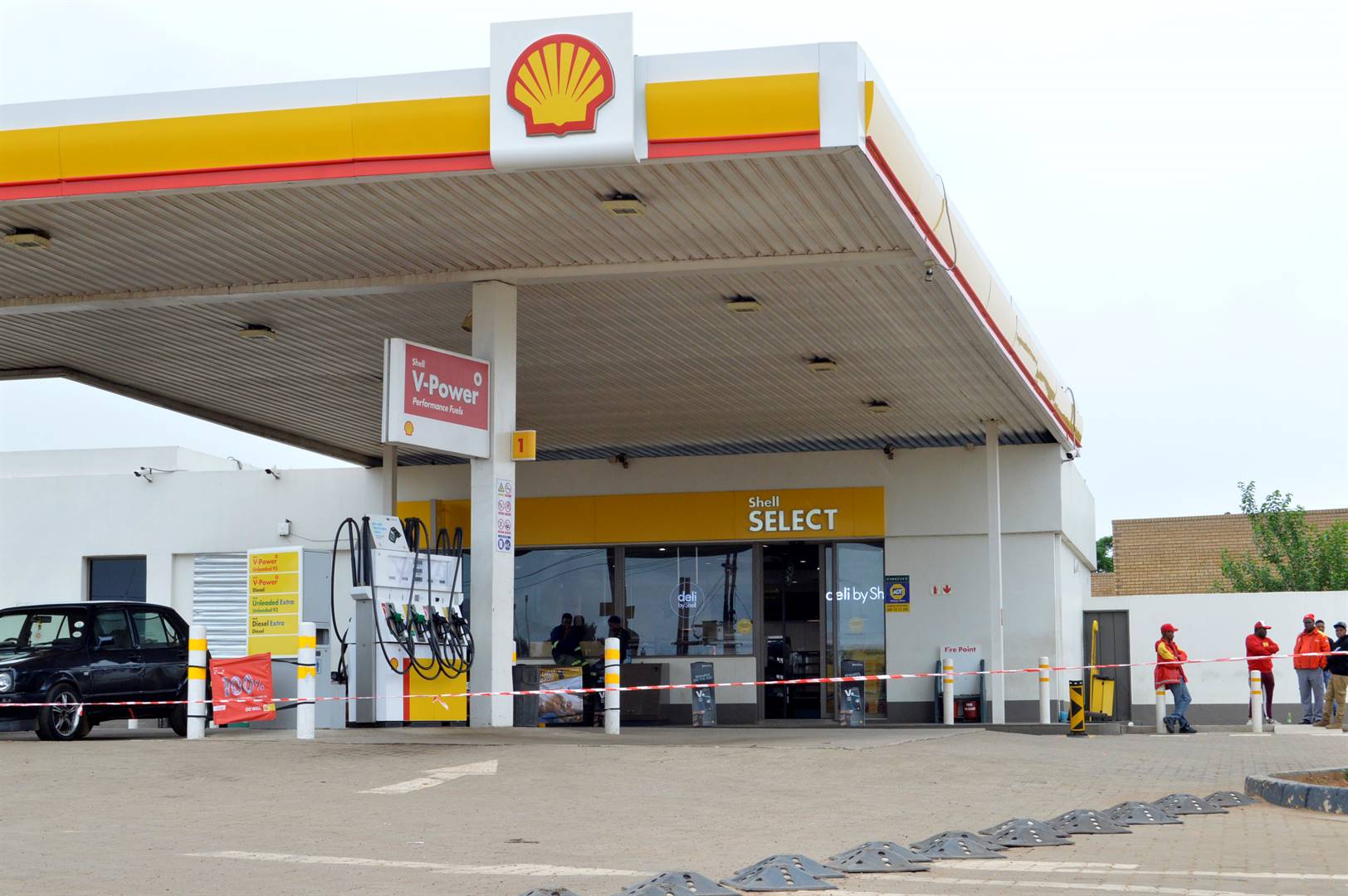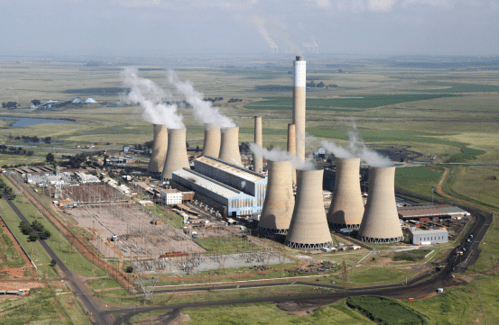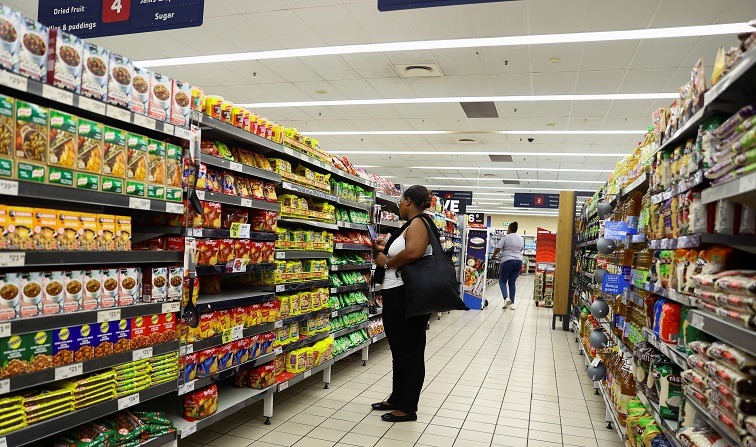The solar photovoltaic (PV) industry in South Africa has expressed hopes that the government will keep its commitment to continue rolling out renewable energy amid allegations of Eskom burning more diesel to keep the lights on.
Earlier this week, Electricity Minister Kgosientsho Ramokgopa vowed that the government will find a use for excess electricity generated by Independent Power Producers (IPPs) of between 17MW to 60MW from solar and battery plants which Eskom wasn't allowed to buy due to contract limits.
These contracts limits are believed to result in up to 30% of Scatecs landmark Kenhardt project, comprising of 540MW of solar PV capacity and 225 MW/1.1 GWh of battery storage to provide 150 MW of dispatchable electricity daily, solar generation being lost to the system
Eskom will today provide an indication of the country's energy and electricity prospects for the upcoming winter season during its State of the System and Winter Outlook briefing.
The South African Photovoltaic Industry Association (Sapvia) CEO Dr Rethabile Melamu yesterday said this update will be an important indicator of what the industry can expect in terms of energy reliability over the time that generally puts greater pressure on the national grid.
Sapvia represents the interests of almost 700 members across South Africas Photovoltaic value chain.
Considering the extra capacity that has recently become available, we feel a sense of optimism that our risks for load shedding could be reduced. It does not however mean that we are out of the woods at all, Melamu said.
The focused commitment on the roll-out of renewables must continue, so that we have a balanced mix of energy sources to carry our nation through winter.
As an industry body, we look forward to working with our various stakeholders and partners this year to make sure that solar PV maintains its rightful place as part of our countrys energy plans for the future. Sapvia eagerly awaits the information that will be shared during Fridays media briefing.
This also comes as reports have emerged that Eskom has been increasingly reliant on diesel to power its Open Cycle Gas Turbines (OCGTs) to plug the electricity generation gap.
Eskom has suspended the implementation of rotational load shedding for 30 consecutive days as a result of sustained electricity generation capacity and sufficient emergency reserves.
Ramokgopa has said that Eskom has turned a corner on diesel spend.
Eskom board chair Mteto Nyati has also maintained that the diesel spend for the 2024/2025 financial year will show a decline when the power utility tables its financial results.
The struggling power utility has denied allegations that it was burning billions of rand worth of diesel and running emergency power stations to the maximum, saying that its OCGTs had predominantly been used through peak demand periods through April, which was in line with the OCGT design parameters.
However, a reply by Minister of Public Enterprises Pravin Gordhan to a DA parliamentary question has revealed that Eskom spent R23.4 billion on diesel in the 2023/24 financial year.
DA MP on public enterprises Mimmy Gondwe yesterday said OCGTs, which form part of Eskoms ailing power plants, were only meant to be used during peak periods or when the system is constrained.
Gondwe said this begged the question whether Eskom would have managed to keep the lights on if it had not made use of OCGTs during the past 30 days in which there has been no load shedding.
Burning copious amounts of diesel at such unprecedented levels is unsustainable and partly explains why consumers were hit with double digit tariff increases, Gondwe said.
Burning 3 billion litres of diesel over 5 years can never be touted as a measure of success in relation to the load shedding crisis.












